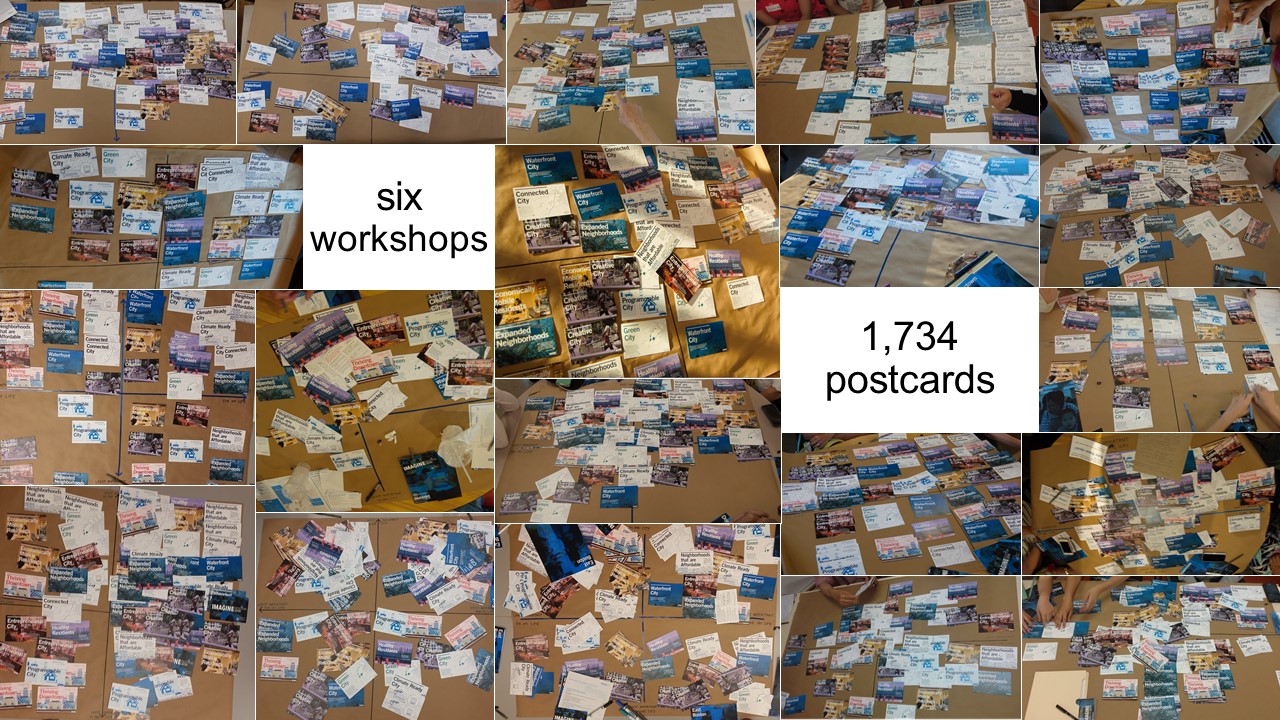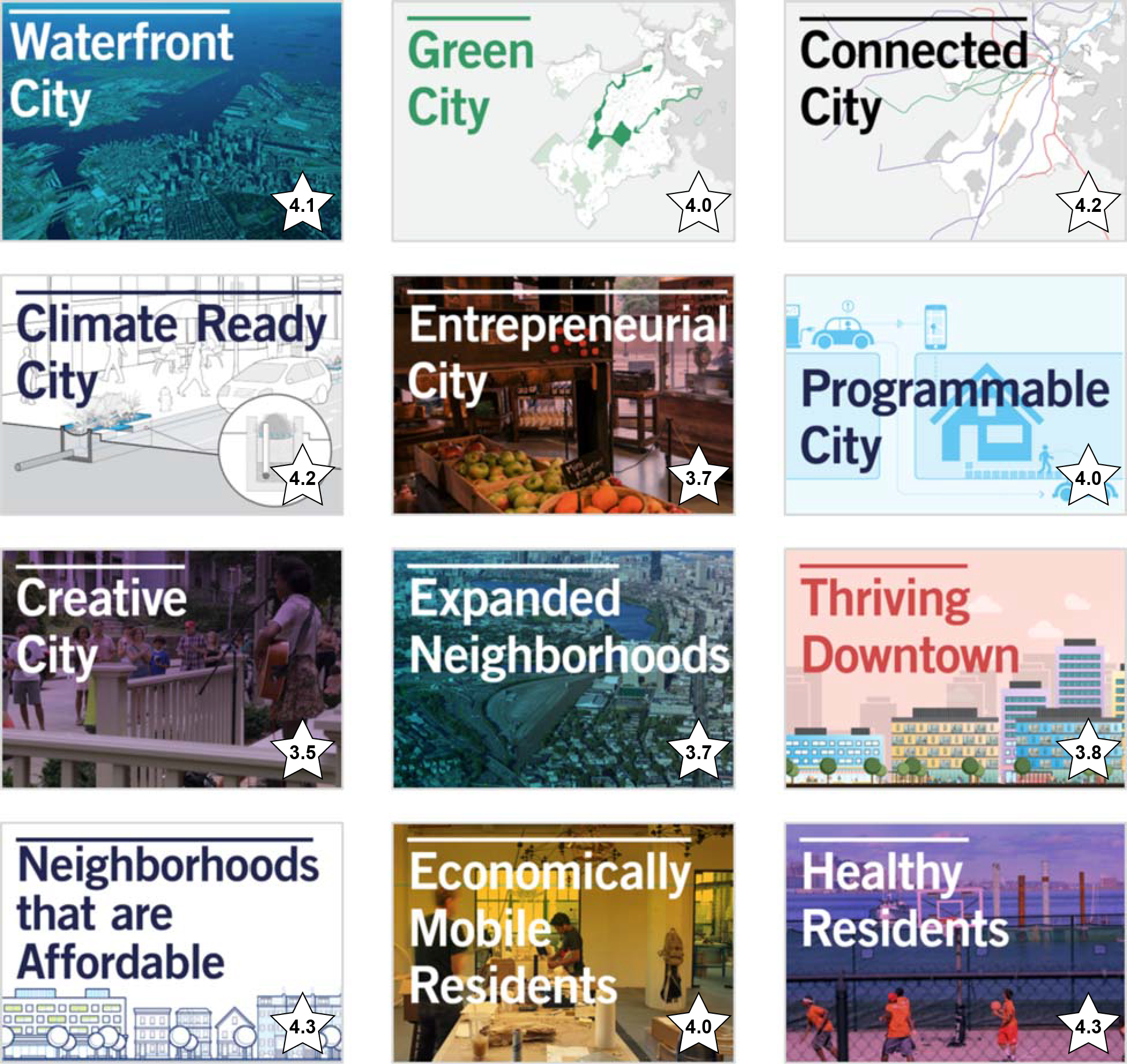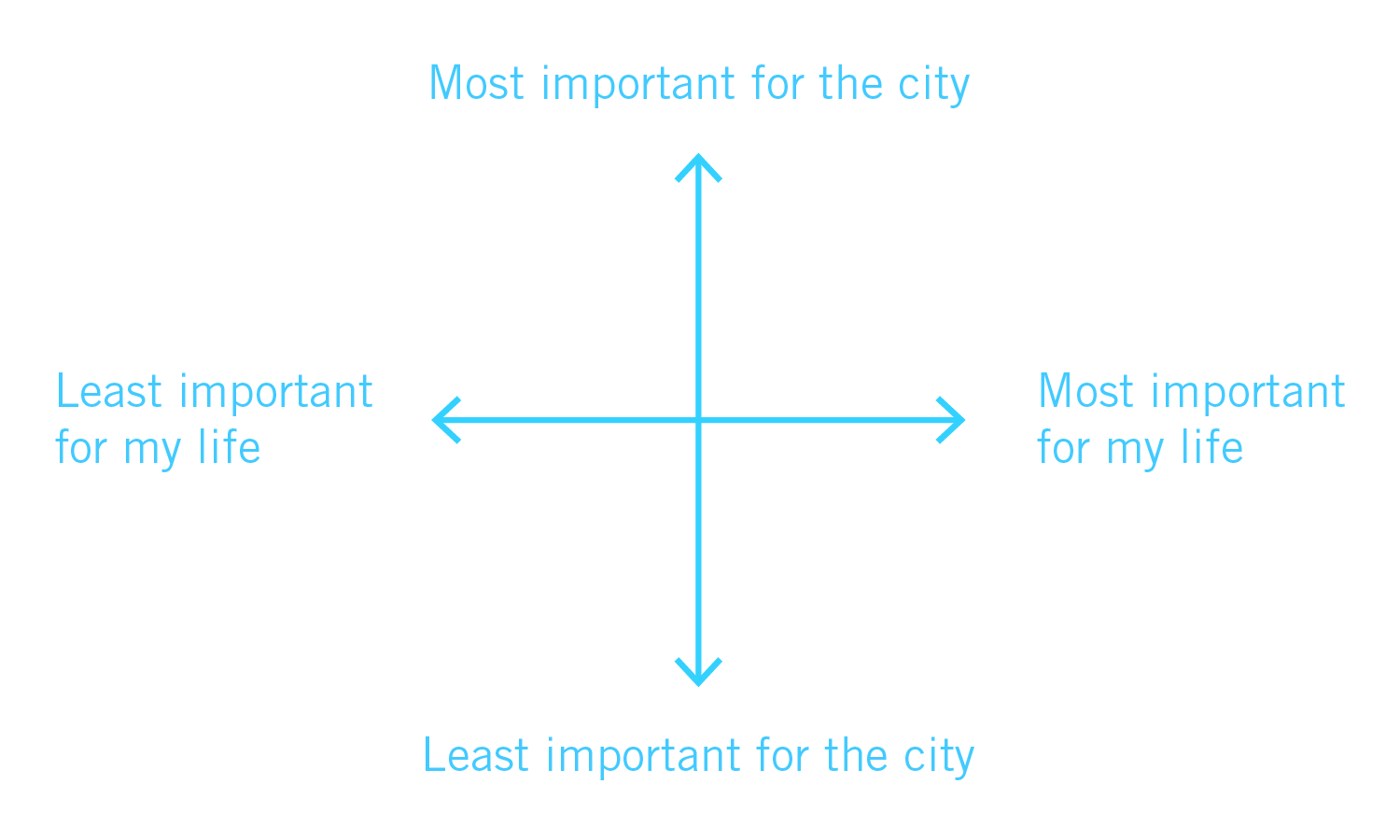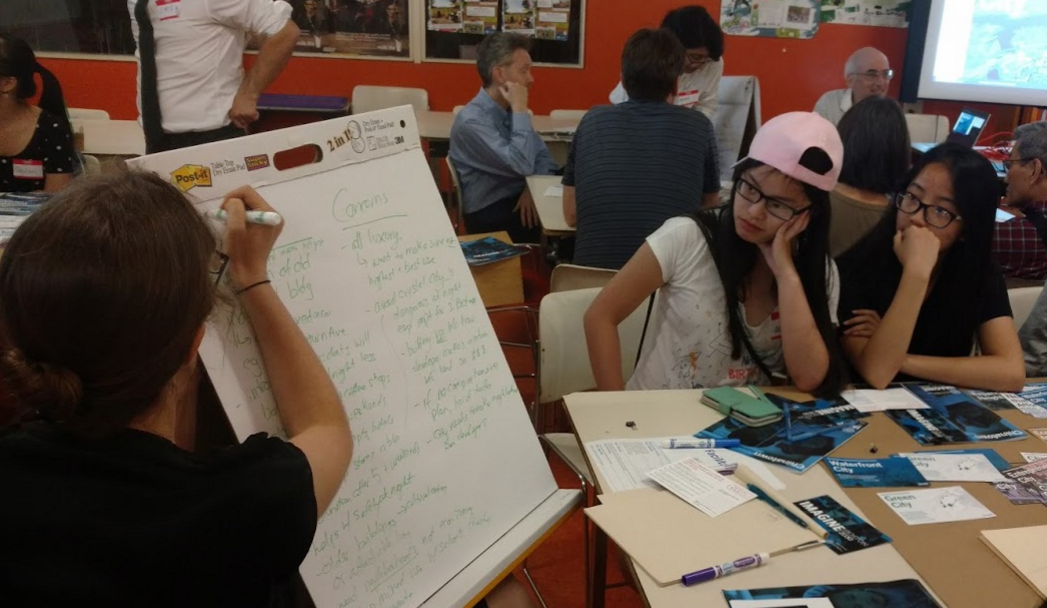Imagine Boston 2030: Which emerging ideas do Bostonians like most?
Since September 2015, the Imagine Boston team has heard a ton of great ideas from Bostonians about how the future of the city can be one where residents of all neighborhoods, races and incomes can thrive.
Since September 2015, the Imagine Boston team has heard a ton of great ideas from Bostonians about how the future of the city can be one where residents of all neighborhoods, races and incomes can thrive. We’ve taken your input and developed a set of potential initiatives that will help us make this shared vision a reality.
This summer is our chance to put some ideas out and see whether they resonate with Bostonians before we start prioritizing and diving into the details of where and how to implement them.
At community workshops around the city we asked participants to rate these emerging ideas, including everything from building new carbon neutral districts, to making streetlights responsive to traffic, to creating new job centers along the Fairmount Line.
At the workshops we asked participants to place all of their postcards on a scale to rate each from most to least “important to the city” and “important for my life.” The variety of opinions was fascinating to see, but there were a few areas where most people agreed.
Connected City was a topic that participants consistently rated as “important to the city” and “important for my life.” Comments focused on the importance of affordable public transit and safe bike routes. We had discussions in Dorchester, Mattapan and Chinatown about the need to improve service on the Fairmount Line, and also to make sure that there is housing for different income levels near train stations. As an East Boston resident put it, “Boston was not built for cars; any way that we can encourage transit, walking, biking, etc. will make the city safer and more enjoyable as it grows.”
Climate Ready City was another topic that most people felt was important. The initiatives that resonated most strongly were around reducing energy use, producing more energy locally (such as rooftop solar panels), and building streets and open spaces that help absorb stormwater and cool the city during heat waves. One Charlestown resident urged the city to launch an “awareness building campaign about impact of climate change on the city and consequences of inaction.”
The topic of Healthy Residents was also ranked highly by workshop participants. A number of people commented on the need for increased access to affordable, healthy food in certain parts of the city. For example, a workshop participant in Mattapan commented that “urban neighborhoods are in desperate need of more healthy food options and restaurants.” We also heard lots of enthusiasm for more walkable and bikeable streets in order to enable residents to get more exercise. As one Roxbury participant noted, we need “healthy, safe ways to walk and bike without worrying about harm from cars or gun violence.”
Neighborhoods that are Affordable and Economically Mobile Residents also resonated with workshop participants. A Charlestown resident hit on a common theme with the suggestion that “developers need to be encouraged to build more middle-income housing.” A Dorchester resident shared ideas about how we can improve affordability by raising incomes: “encourage businesses to provide training to advance careers of least trained workforce. We need to support local businesses and pay respectable wages- none of this ‘work 3 jobs to stay afloat’. Minimum wage should be more than $15.”
Thanks to all who attended these community workshops and weighed in on the emerging ideas! You can check out some of the photos from our recent community workshops on Facebook.
Unable to make it to one of these workshops? We still want to hear from you! Where do you think the city should be investing? Share your input on our emerging ideas online, or tell us what you think of these ideas on Twitter, Facebook and Instagram using #ImagineBoston. Don’t forget to sign up for Imagine Boston updates!





